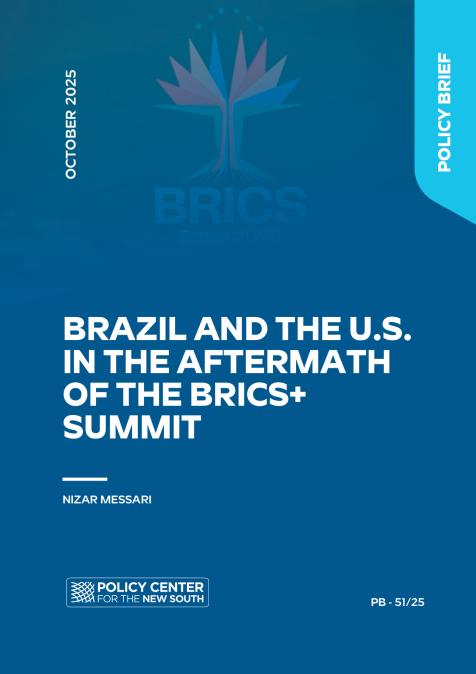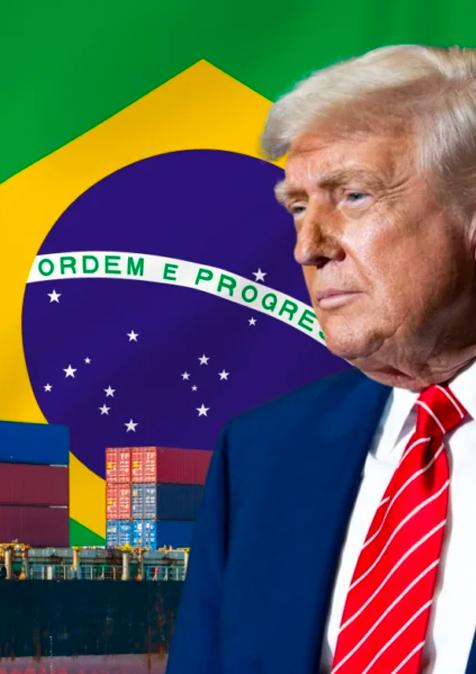Publications /
Book / Report
The writing of this Report started in november 2023 and benefited during six months from the quality of discussions in the Policy center. Paul Isbel, Professor at UM6P, was a relentless proofreader who generously brought his outstanding competence in economy and political economy. Stephen Gardner went beyond his role as linguistic proofreader and showed an admirable understanding of the substance at stake. Under the direct supervision of Professor Abdelaziz Aitali, the Economic Department of the PCNS contributed remarkably to the scientific quality of the discussions. Adnane Lahzaoui, member of the Department, was an enthusiastic and very productive research assistant. Last, but not least, this report owes a lot to discussions with Akram Zaoui, Otaviano Canuto, Hamza Saoudi and Driss Alaoui Belghiti. May they all be gratefully thanked. Errors and biases remain my sole responsibility.











